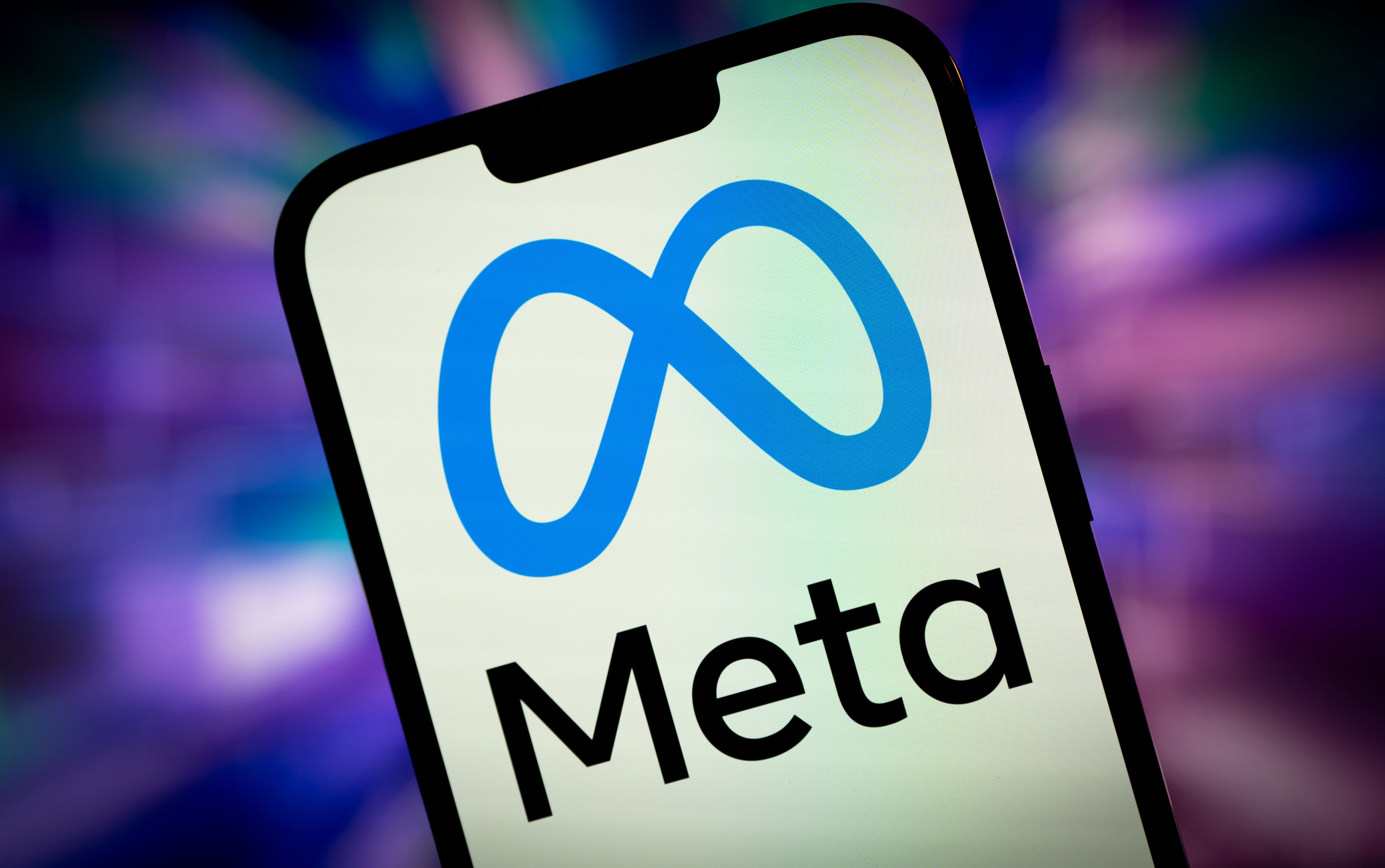Even though Facebook (FB +1.97%) barely makes any hardware -- mostly just its Oculus portfolio of virtual reality (VR) devices and its nascent line of Portal video chatting gadgets -- the company is pushing forward in developing an entirely new operating system. Those products currently run on heavily modified ("forked") versions of Android, Google's ubiquitous mobile operating system that can be customized for virtually any device. The social networking tech giant is starting from scratch as it builds an OS that can run future hardware products.
Unsurprisingly, Facebook doesn't want to rely on one of its biggest competitors to provide the lifeblood for its hardware.

Portal devices currently run a modified version of Android. Image source: Facebook.
Hardware is hard
The Information has the latest details on Facebook's multibillion-dollar bet on hardware. Some aspects of the company's hardware ambitions, such as developing custom chips, have previously been reported, while other tidbits like negotiations to acquire audio chipmaker Cirrus Logic are new. Cirrus Logic is a prominent Apple (AAPL 0.39%) supplier and no deal materialized, but the revelation was still enough to send Cirrus Logic shares higher yesterday.
The effort is being led by tech industry vet Mark Lucovsky, according to the report. Lucovsky, who helped develop Microsoft's Windows NT operating system decades ago, joined Facebook in 2017, according to his LinkedIn profile.
CEO Mark Zuckerberg has proclaimed on numerous occasions that VR and augmented reality (AR) will be the next big computing platform, and that view is what drove Facebook to acquire Oculus for $2 billion over five years ago. For something as important as the future of computing, depending on another company like Alphabet (GOOG 0.04%) (GOOGL 0.11%) subsidiary Google seems awfully risky, particularly when Facebook has the resources to make an OS in-house.
Facebook has directly confirmed that it is working on AR glasses, and that product could potentially run on a different OS than Android, according to Facebook head of AR and VR Ficus Kirkpatrick. A few months back, Facebook acquired start-up CTRL-labs for neural interfacing technology that may one day find its way into consumer products, potentially allowing users to control devices with their brains.
"We really want to make sure the next generation has space for us," Facebook hardware chief Andrew "Boz" Bosworth told the outlet. "We don't think we can trust the marketplace or competitors to ensure that's the case. And so we're gonna do it ourselves."
Facebook has long relied on Apple and Google
Ever since Facebook's wildly successful pivot to mobile in 2012, the company has been almost completely dependent on Apple and Google to distribute its array of mobile apps, including the "big blue" core Facebook app, Instagram, WhatsApp, and more. This risk factor legalese has been a fixture of Facebook's regulatory filings ever since (emphasis added):
The substantial majority of our revenue is generated from advertising on mobile devices. There is no guarantee that popular mobile devices will continue to feature Facebook or our other products, or that mobile device users will continue to use our products rather than competing products. We are dependent on the interoperability of Facebook and our other products with popular mobile operating systems, networks, technologies, products, and standards that we do not control, such as the Android and iOS operating systems and mobile browsers.
This risk came to a head earlier this year when it was discovered that Facebook was abusing an iOS enterprise developer certificate, which companies typically use to develop apps intended only for internal use, in order to sideload a spying app outside of the App Store. In response to violating its policies, Apple revoked the company's certificate, effectively breaking all of Facebook's internal apps that had nothing to do with the spy app in question. Apple promptly restored the certificate.
It's a risky bet that faces something of a Catch-22. If Facebook's hardware never takes off, its operating system will have limited impact. If its operating system is inferior, its hardware will never take off.





